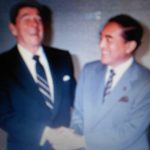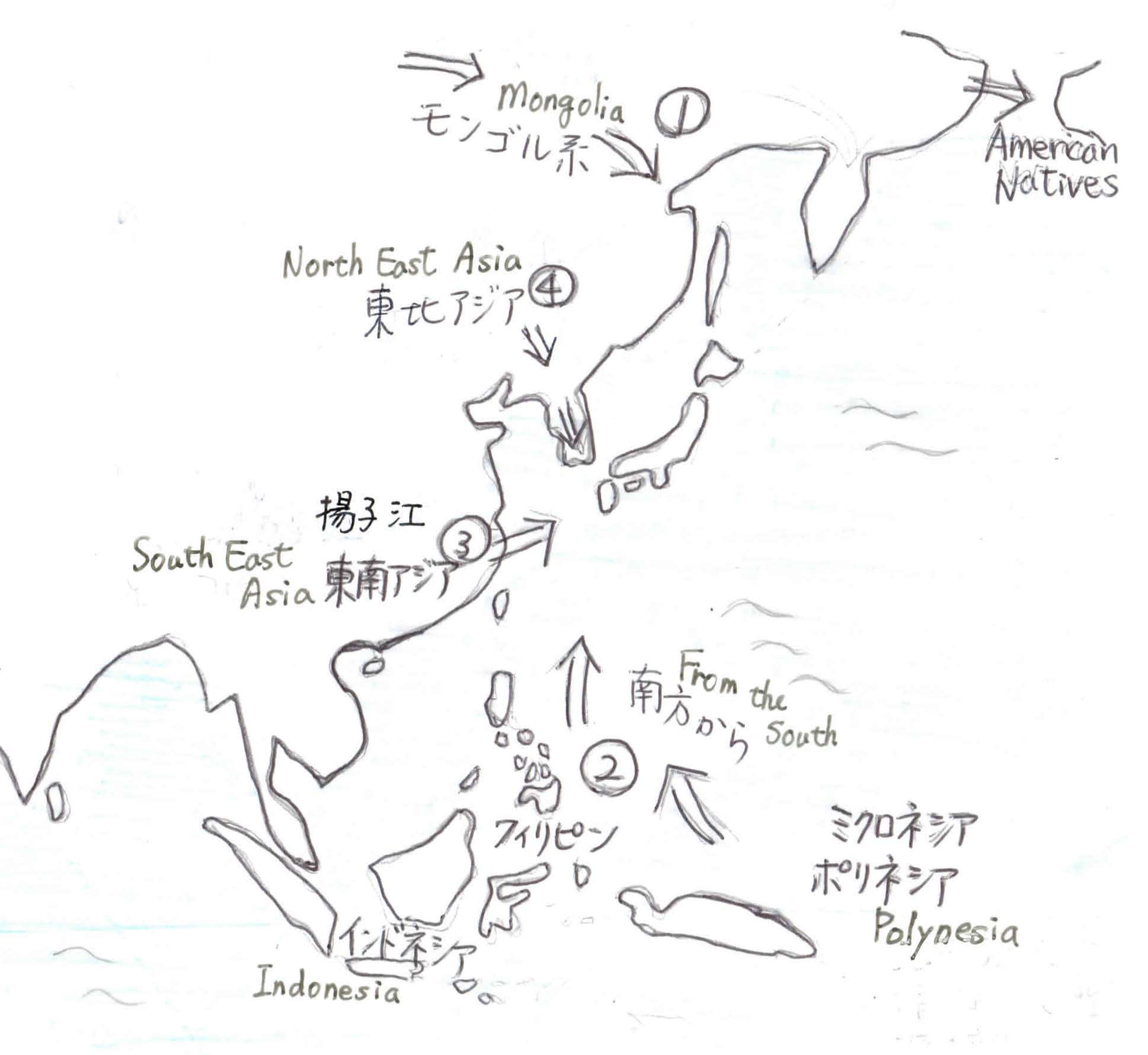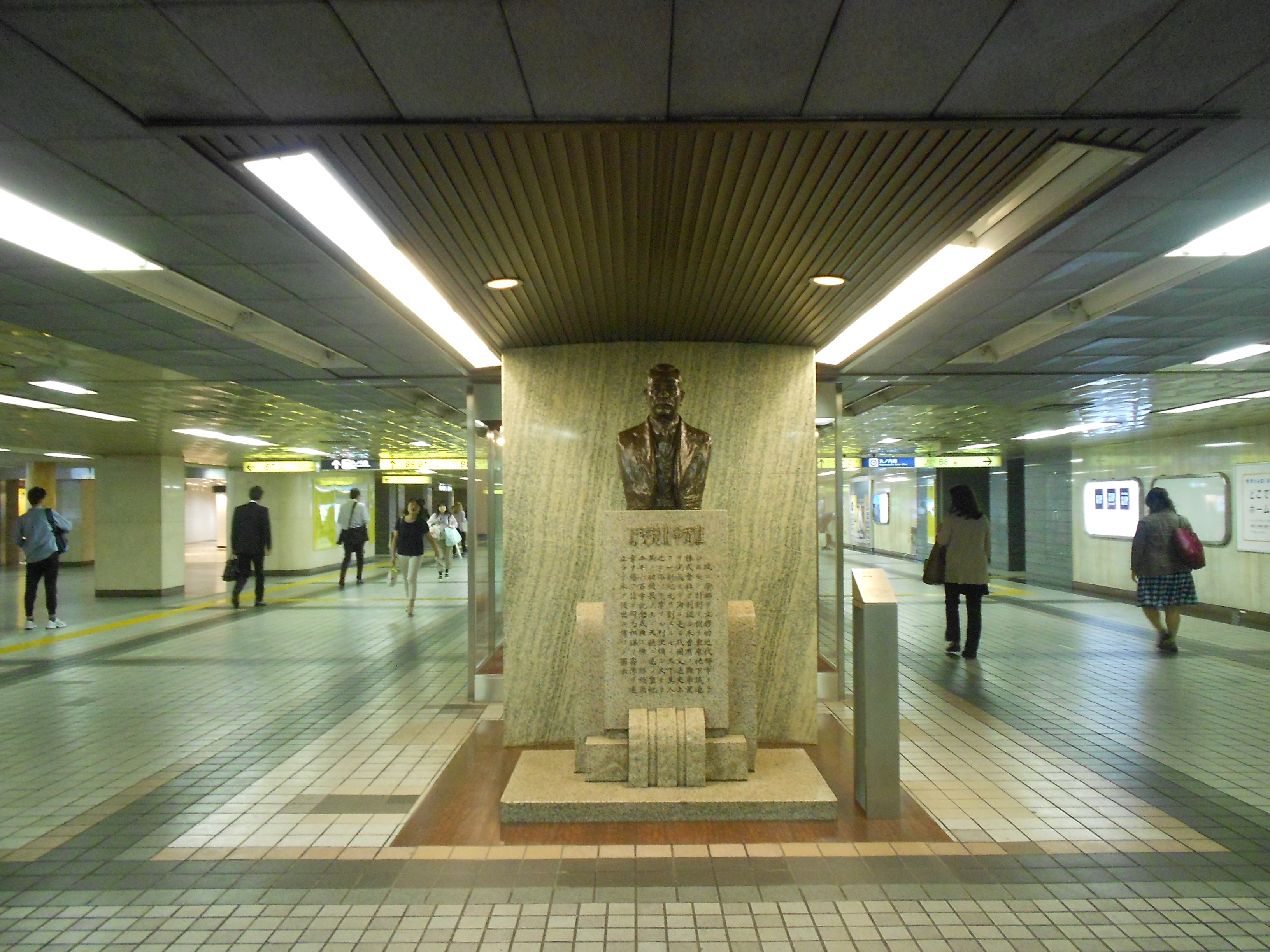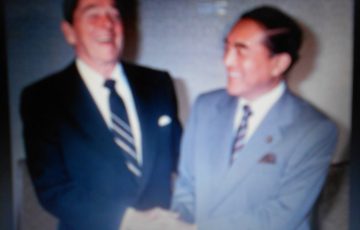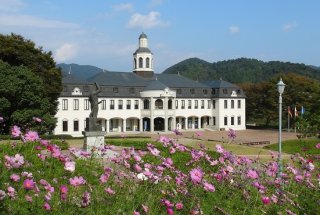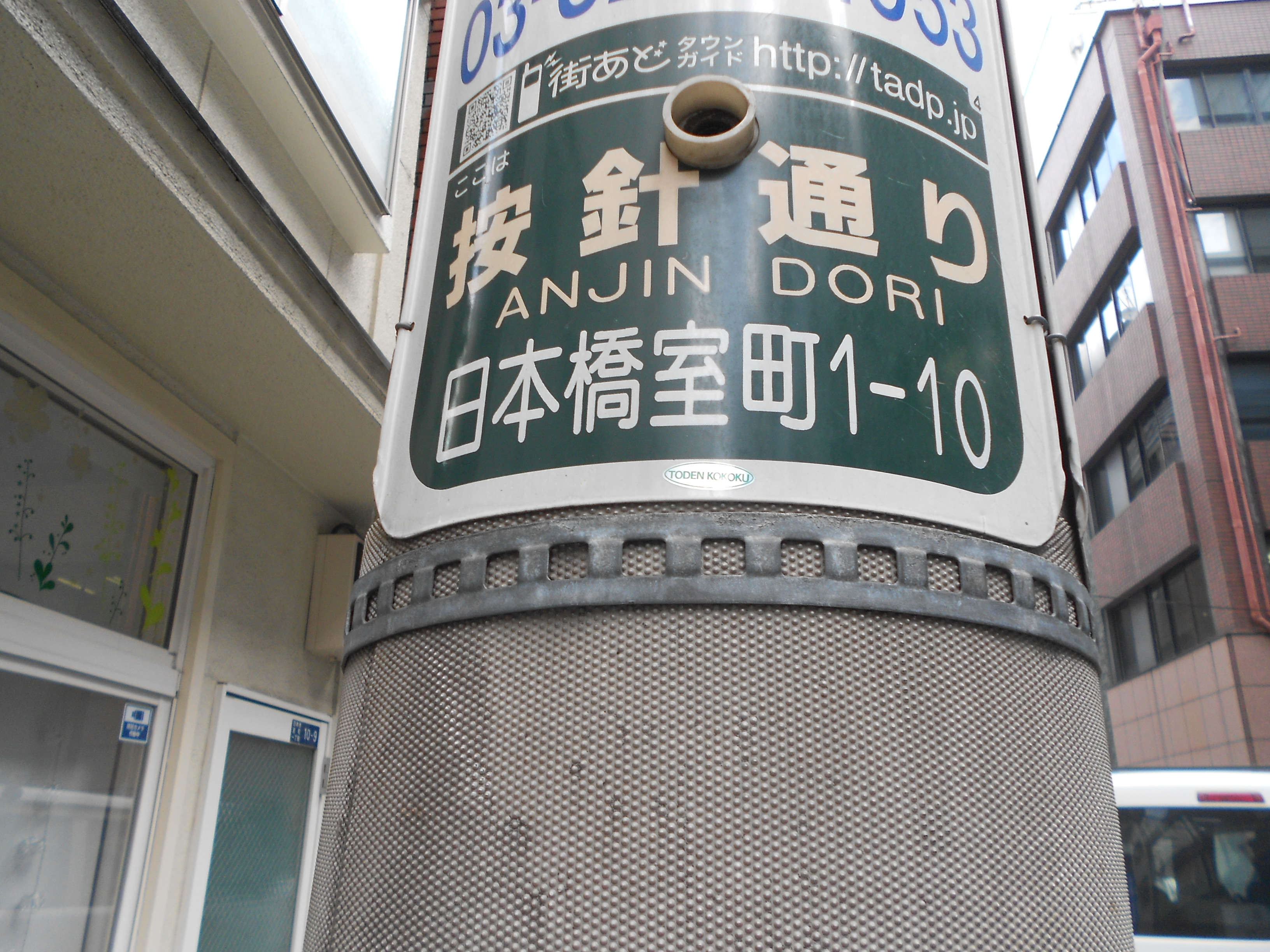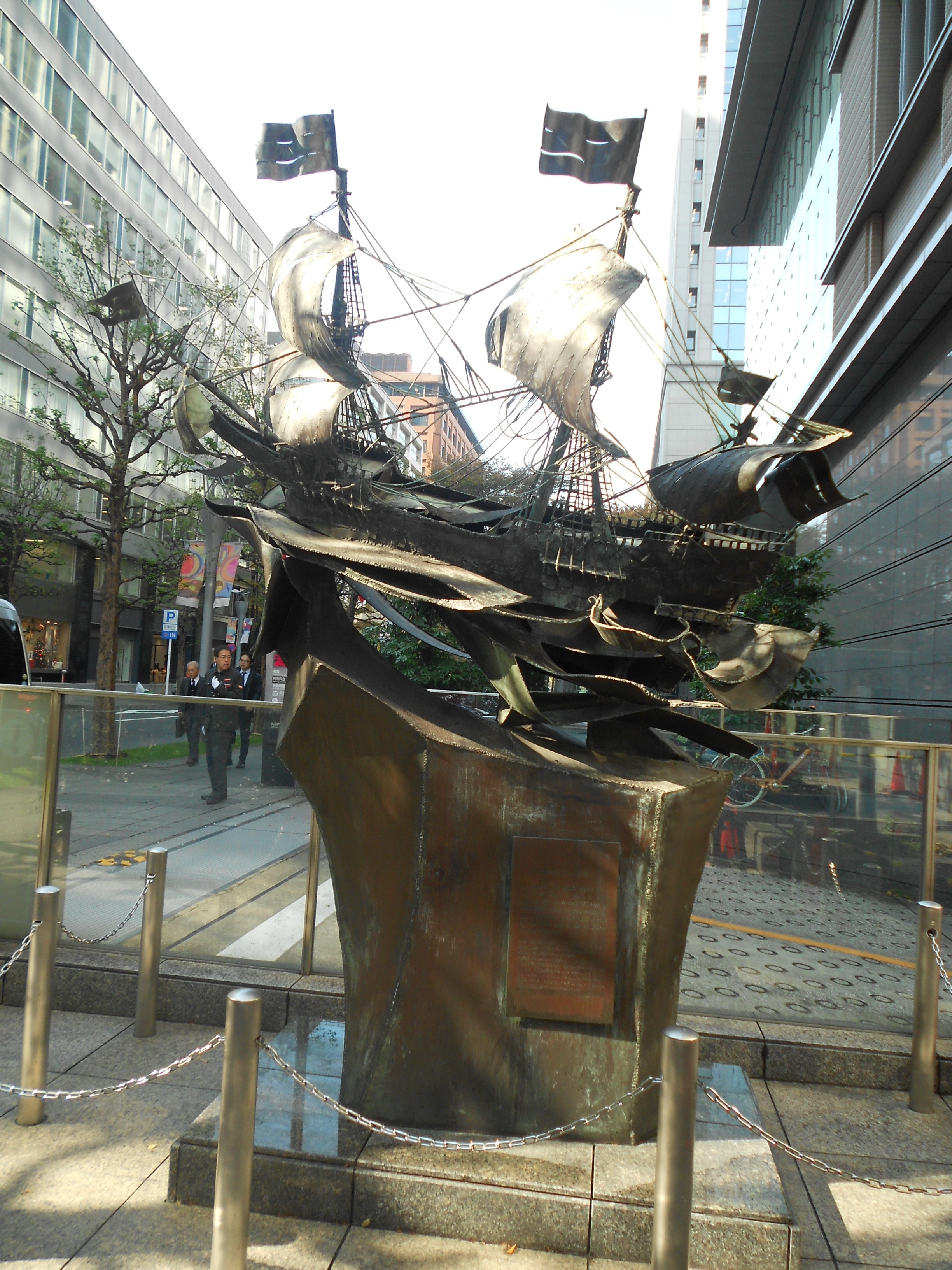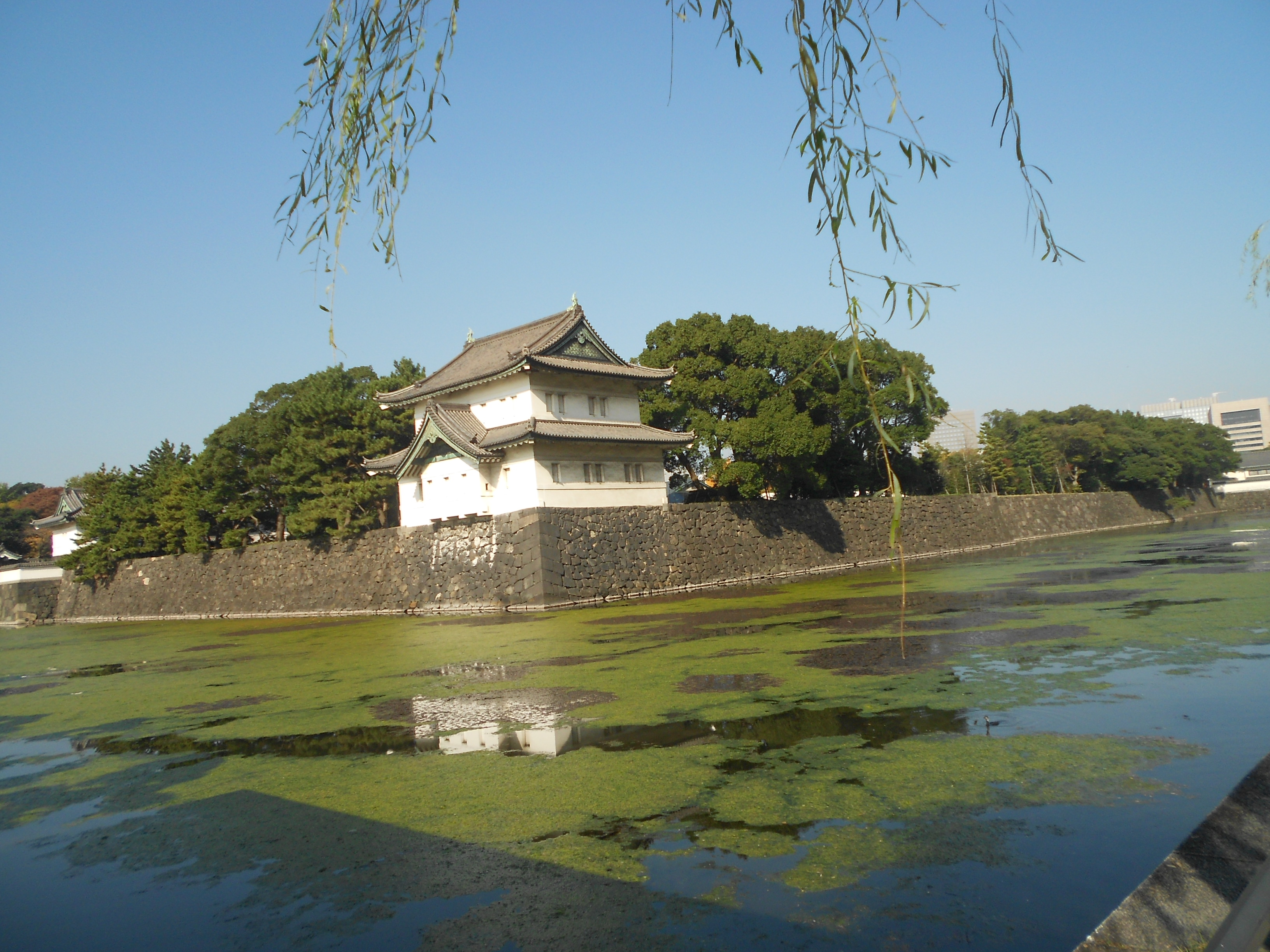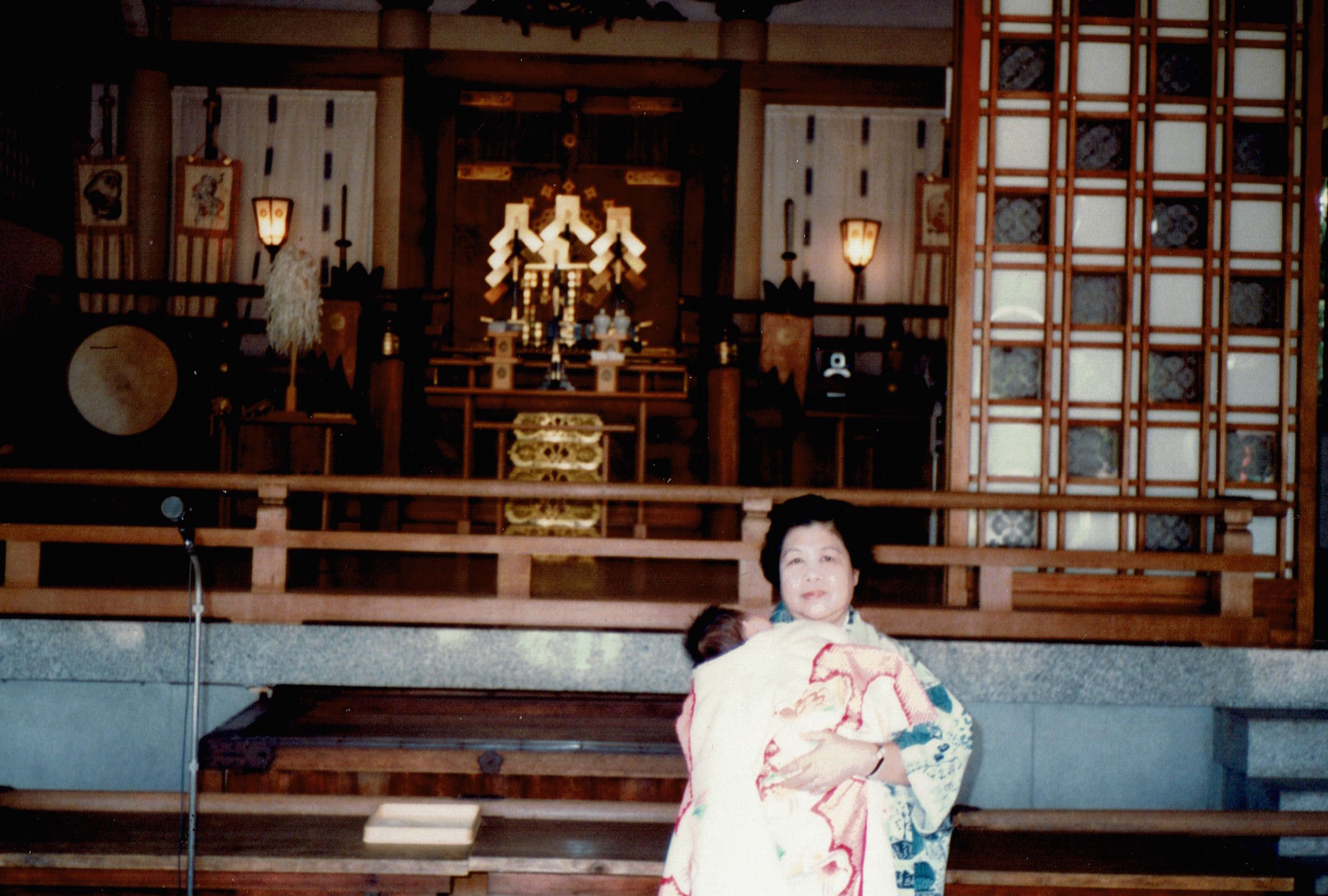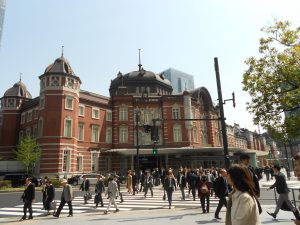
☆1 Japanese people believe “a group” is better than ‟an individual”.
・ For example, many people prefer “Ekiden (a relay road race)”, better than a marathon where runners run alone. So we have the “Tokyo-Hakone ekiden” (200km) for college students on the 2nd and the 3rd days of New Year holidays, and many people love watching TV every year.
・ Many people are more impressed by the 400m relay than a personal 100m race of the Olympics.
・ I heard a story of a company. It decided that a bonus would be given to a person who proposes a new good idea. But there was nobody to submit an idea as an individual. Because if a person could get a reward, he would be envied by other people. So the company decided to allow a group or a section unit to raise an idea and then, a lot of ideas came out one after another. They could get a bonus together and enjoy drinking and eating together. People don’t like for one person to stand out.
☆2 Why groups better? ― Rice making with groups ―
As expressed in “ 8. Where did the Japanese people come from?”, agriculture people started to come over to Japanese islands from around 3BC. Since growing rice was suited to the climate of Japan, rice became main crop in Japan.
Rice was collected for tax until the Edo period (~19C ). The farmers who paid the rice tax to the government were considered “good people”. The people who did not pay the rice tax, the hunting people in the mountain, were considered “bad people”. People were also educated with the ideas of Buddhism, not to kill animals in a mountain, but to work for rice in a village.
“You should make rice” means “You should do the same thing together in a group”.
About 85% of the population was farmers in the Edo era (17~19C).
For hunting people and fishermen, “the personal ability”, “courage” and “power of decision-making” were very important. But for rice growing, a special ability and courage were not necessary. They should work hard steadily every day and cooperate with other people planting and harvesting rice together. Many people thought that if they worked very hard every day, they generally could do anything. In such communities, a man with a special courage or special talent was not necessary. There was not much of a gender gap in the rice growing either. What they needed was the “wisdom” based on the experiences of the old men. (*1)
Festivals and events of the village need collaboration with everybody too. As long as you do the same thing as the others, the village community is a good place where you can have warm human relations to help each other, and you can enjoy a comfortable life. But if you want to do something different from the other people, you would not be allowed to live in the village. There is little personal freedom.
☆3 Japan is “a society without the sense of impending crisis”
・ In “the society with the sense of impending crisis”, an able individual is necessary. For example, a new company, or a small company with possibility of bankruptcy, a capable person is necessary to survive. You cannot be jealous of the capable person. If there is no able person, the whole company would be bankrupted.
For example, “Moses of old Exodus” was considered as a representative of the strong leader. The future of the group depends on the leader.
In Japan, in the age of civil war in the 16th century it was the time “with the sense of impending crisis”. Sanada Masayuki in the NHK TV historical drama was the representative of a strong leader. A group must survive because of the ability of the leader, even if he betrayed enemy or deceived a partner. If a leader was not competent, the group would be soon destroyed in the age of civil war . But・・・
・ In “the society without the sense of impending crisis”, an able person is not necessary. There are few possibilities for big companies, public offices, village communities to be destroyed. It is important that people work in the same way as before in government offices without the sense of crisis. There’s no need for a special ability. You should not do anything special. If somebody did something special and succeeded in a company, he would be envied by other people and frustrated. Such a person might quit after all. Sense of cooperation to get along peacefully is more important and an able person is not necessary.
☆4 ” Jealousy “
Everybody has a feeling of “jealousy”. But in “the society with a sense of crisis”, people have to control the feeling of “jealousy” and rely on the ability of a capable person.
On the other hand, “jealousy feeling” just appear naturally in “the society without the sense of crisis”, because an able person is not necessary. As, in Japan, most societies are “the society without crisis”, others will feel jealous of an able person or a person who stands out in a group. Everybody should be the same. It’s called “Bad equality”. The nice-looking people who stand out in a group, are easily envied, so they need to be careful to act modestly. “Modesty” is also a very important word in Japanese society.
In a word
Office workers in big companies “without the sense of crisis” should wear similar suits, in order not to stand out, not to be envied, and not to be hated by other people.
――― (*) ―--
*1 In the Edo era, most people lived in the same village from birth to death, so everybody knew each other very well. Even if they didn’t explain their feeling in a particularly loud voice, if they were working hard every day, they were accepted by other village people. It was better not to talk but work silently. This is the reason why Japanese people are not good at expressing their feeling well to other people.


